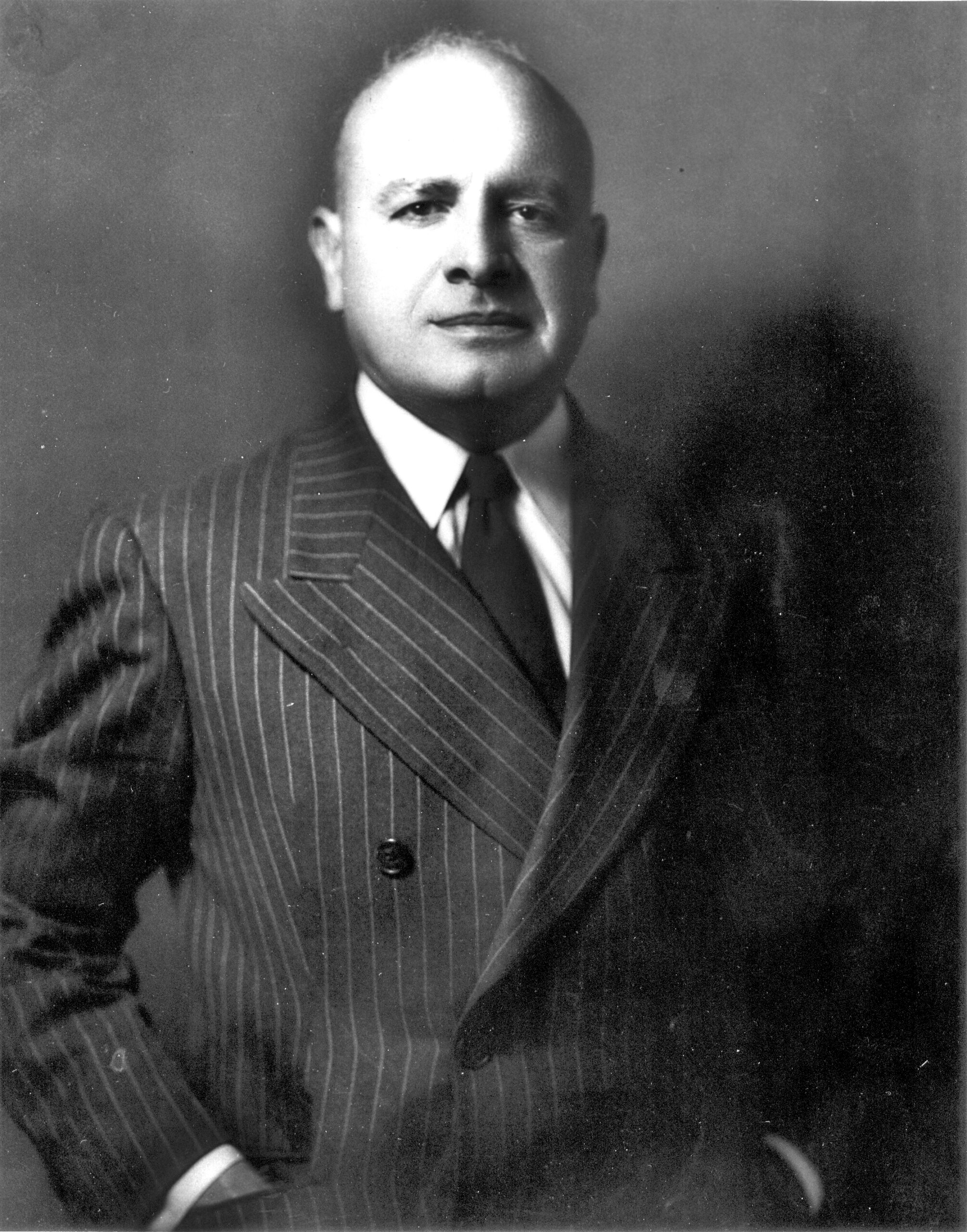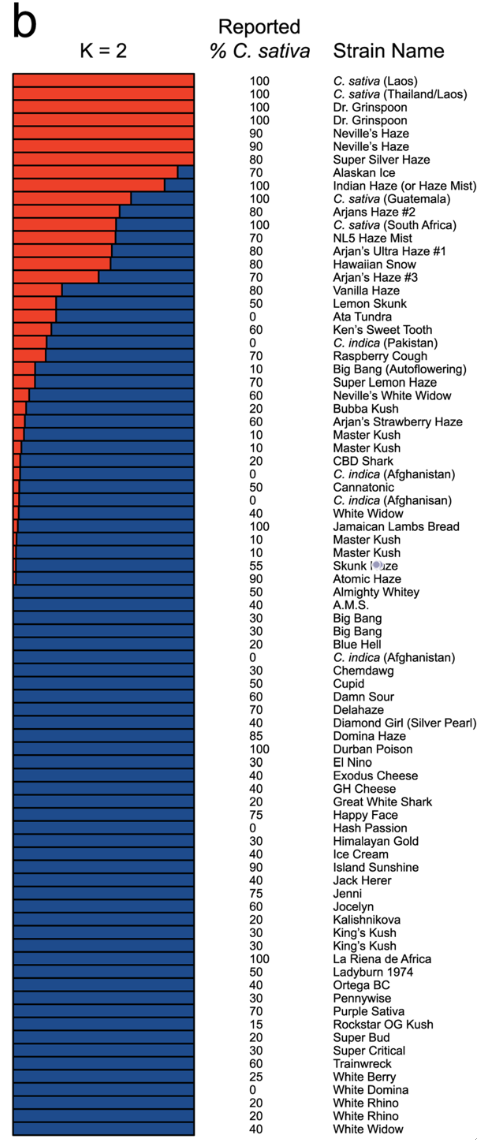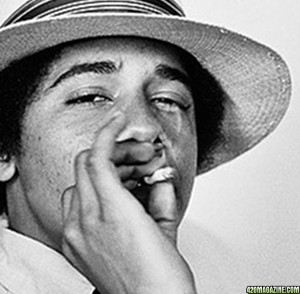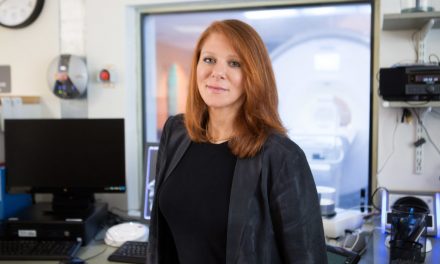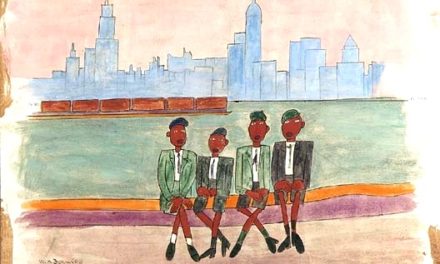By Fred Gardner America’s original Drug Czar, Harry Anslinger, was born in 1892, the eighth of nine children. He grew up in Western Pennsylvania. His mother was from Baden, Germany, his father from Switzerland. His father couldn’t make a living as a barber and went to work for the Pennsylvania Railroad. As a teenager Harry suffered a detached retina in a rumble of some kind —he got hit with a thrown pear— and lost vision in one eye. He went to school part-time and worked for the railroad, which assigned him to do security work.
As a young investigator Anslinger helped win a big case for the company and was promoted to chief inspector. He took two years of business classes at Penn State. He occasionally played the piano at silent-movie theaters (around 1914-15) His mother had hoped he’d be a concert pianist.
When the U.S. entered World War One Anslinger volunteered for the army but was ruled ineligible because of his eye injury. He became an officer in the Ordnance Reserve Corps and was rapidly promoted. He applied to and was accepted (with letters of recommendation from the Pennsylvania Railroad) by the U.S. State Department. He became an attaché in the American Legation (the classic cover for spies) at the Hague. He spoke perfect German and good French and picked up Dutch quickly. He was involved in several undercover missions. (Henry Kissinger would also owe his career to speaking German and getting assigned to Army Intelligence.)
Anslinger claimed that he insinuated his way into Kaiser Wilhelm’s entourage and delivered a message that the U.S. did not want him to abdicate at the end of the war because it might lead to the Social Democrats coming to power. (The Kaiser did step down, however.) In 1921-22 Anslinger was posted by the consular service to Hamburg. He married the former Martha Denniston, a niece (said to be the favorite niece) of Andrew Mellon, the Pittsburgh banker who became Secretary of the Treasury in 1921. Martha had a 12-year-old son from a previous marriage.
Anslinger’s next posting was to a beautiful port city in Venezuela, La Guaira (which lies at the foot of a sheer, tropical mountain and along a crescent-shaped beach). Anslinger hated it, according to his biographer, John Williams, and bombarded the State Dept. with letters requesting a transfer. He was transferred to Nassau, where his career as a Prohibitionist took off.
Consul Anslinger urged the British to crack down on the Bahamians running liquor to the U.S. At a conference in London he recounted seeing ships leaving Nassau loaded with whiskey and returning empty. The Brits agreed to a protocol —ships going in and out of Nassau harbor would have to show paperwork— that became known as the “Anslinger Accord.” Andrew Mellon requested that Anslinger be transferred to Treasury so that he could make similar arrangements with Canada, France, and Cuba. Anslinger became chief of the Prohibition Unit’s Division of Foreign Control (anti-smuggling). He attended conferences in London and Paris, and conducted inspections in Vancouver, Nova Scotia, Antwerp, Havana.
In 1929 Anslinger was made Assistant Commissioner of Prohibition. He ardently believed that prohibition could be enforced if Congress would amend make it a crime to buy alcohol. (Only manufacture, sales and transportation had been Prohibited.) Under Anslinger’s Draconian proposal, a second conviction would carry a mandatory minimum two years in prison and a $5,000 fine.
In 1930 Congress created a Federal Bureau of Narcotics (also part of the Treasury Dept. but separate from the Prohibition Bureau). The top contender to run the FBN, Levi Nutt, got embroiled in a scandal involving his son taking money from Arnold Rothstein, the infamous gambler. Mellon named Anslinger Acting Commissioner. Harry then organized a lobbying campaign to get the job permanently. He had the backing of railroad magnates, William Randolph Hearst, the National Association of Retail Druggists, and the AMA. (One Senator had questioned whether the job called for someone with a medical background. He arranged a meeting with Anslinger. Harry arranged for a major bust —a million dollar’s worth of opium— the day before that meeting. The skeptical senator was so impressed he inserted the Washington Herald story of the bust into the Congressional Record.) Anslinger was appointed Narcotics Commissioner by Herbert Hoover in September, 1930, at the age of 38.

